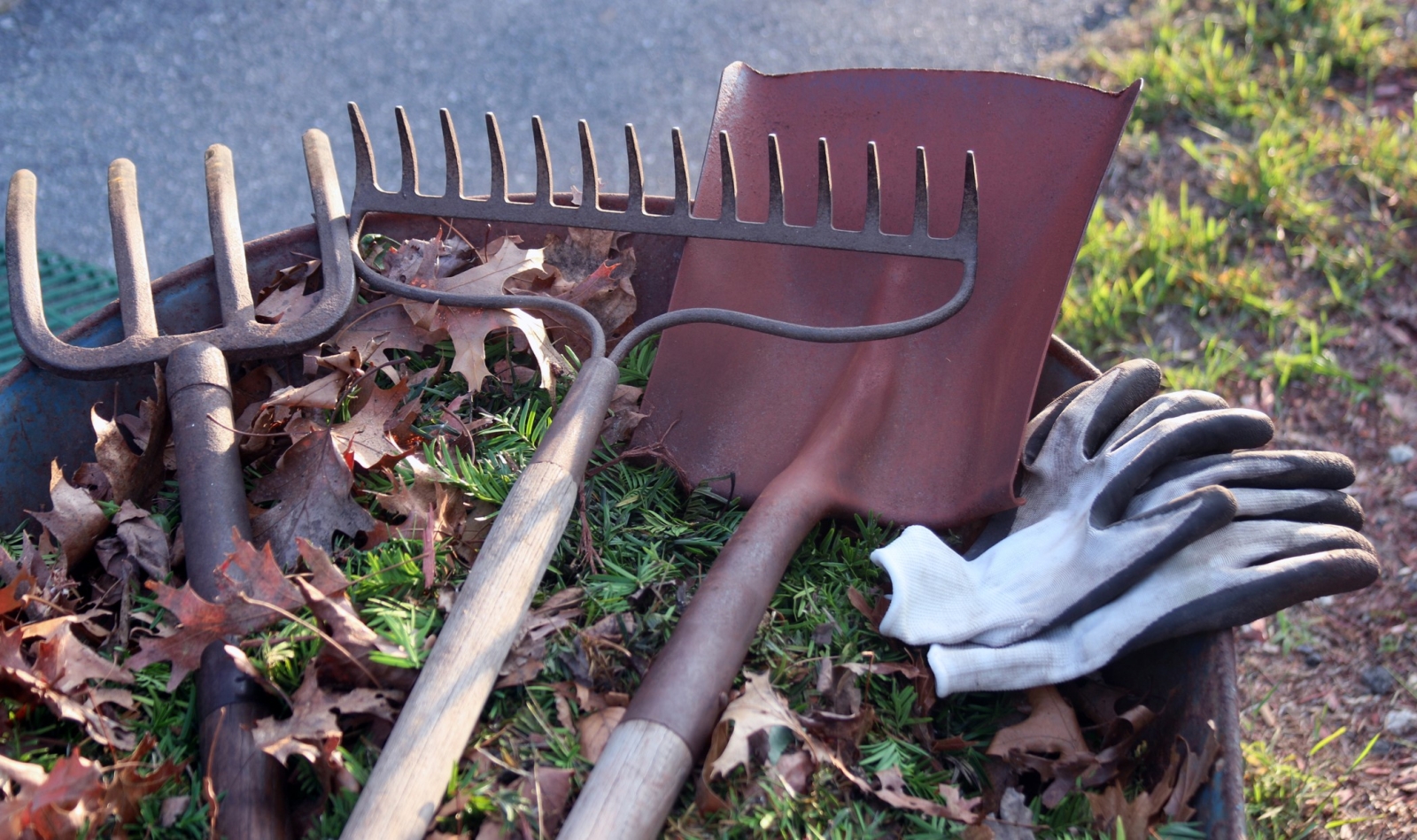Blue Diamond
Things to do this month - December
- Install a waterbutt: These collect rainwater from guttering on houses, sheds, and greenhouses. The water is slightly acidic, unlike tap water which has been treated such that its nutrient levels are different to those which plants would naturally take up.
- Build a new compost heap: One is a good start, but if you have room then two or even three make it easier to move material through the composting process.
- Clean and service your mower and other power tools.
- Clean and sharpen hand tools, such as hoes and spades.
- Clean paths and patios using a power-washer.
- Weed between paving stones using a sharp knife or pour boiling water to kill them.
- Add mulch or compost to bare soil to protect it from severe weather.
- Dig manure into vegetable beds where you plan to grow peas, beans and other hungry vegetables.
- Float a ball in the pond - the movement will help to stop it freezing over.
- Top up bird baths and feeders as needed.
- Put out extra bird food to ensure that native birds have plenty to graze on.
- Add shelter for hedgehogs, frogs, and bugs. This can be a purpose-built small structure bought from elsewhere, or a simple pile of logs, twigs and leaves. Position it in a quiet part of the garden where creatures will not be disturbed.

